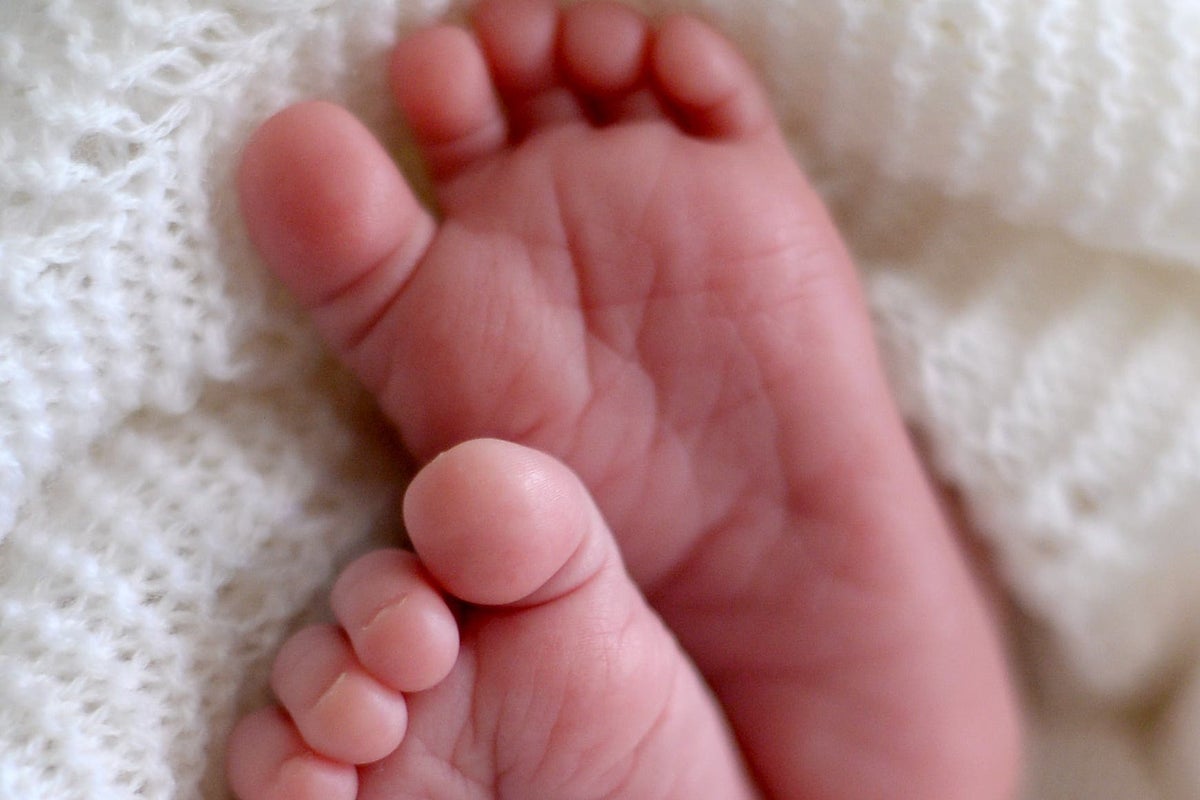
Women’s experiences of maternity services are in “concerning decline”, a health watchdog has said, with a “deterioration” in the ratings given to care.
Fewer women feel they always got the help they needed during labour and birth and a significant number reported that they did not feel listened to when raising concerns, they raised concerns, the Care Quality Commission (CQC) said,
Maternity care in the NHS has been thrown into the spotlight after several scandals first highlighted by The Independent.
The CQC found care ratings tumbled over the past five years, with particular concerns raised about staff availability, confidence and trust, as well as kindness and understanding of staff.
Some 21,000 women across England who had received care at one of 121 NHS trusts took part in the national survey, which found:
- Women were less likely to report that they were always able to get help during labour and birth – down to 63 per cent in 2022 compared with 72 per cent in 2019.
- There was a decline in the proportion who felt they could always get help after birth in hospital – 57 per cent said they were “always” able to get help, down from 62 per cent in 2019.
- Some 63 per cent said they received help and advice about their baby’s health and progress – down from 71 per cent in 2017 to 63 per cent in 2022, although this was a slight rise on 2021 (60 per cent).
- Just over two-thirds (69 per cent) reported “definitely” having confidence and trust in the staff delivering their antenatal care.
- Seven in 10 reported always being given the help they needed when they contacted midwives and health visitors after their babies were born – down from 79 per cent in 2019.
- There has also been a downward trend for mothers “always” being treated with kindness and understanding while in hospital after the birth, from 74 per cent to 71 per cent between 2017 and 2022.
- Some 77 per cent said that if they raised a concern during labour and birth, they felt it was taken seriously, down from 81 per cent in 2017.
- And 85 per cent said they were always treated with respect and dignity during labour, down from 89 per cent in the 2019 survey.
Victoria Vallance, from the CQC, said: “These results show that far too many women feel their care could have been better.
“The trend analysis carried out this year reveals a concerning decline over time, particularly in relation to accessing information and support and getting help when it was most needed.
“This reflects the increasing pressures on frontline staff as they continue in their efforts to provide high-quality maternity care with the resources available.
It is unacceptable that less than half of women say that their partner or someone close to them was able to stay with them as much as they’d like after giving birth— Angela McConville, National Childbirth Trust
“It also echoes what maternity staff attending CQC’s roundtable event last year told us about the exceptionally demanding circumstances in which they are operating and the need for greater support to help manage the challenges they face.”
Angela McConville, chief executive of the National Childbirth Trust (NCT), said: “A woman who gives birth today may have a worse experience of NHS maternity services than if she gave birth five years ago. Time usually leads to progress, but we’re seeing the opposite.
“Women are less likely to report getting the help they need during labour, birth and antenatally, to get information to make informed decisions about their care, and to feel that any concerns about their care are taken seriously.
This is not all the impact of the Covid pandemic but is directly associated with long-term under-investment in the staffing of maternity services— Angela McConville, National Childbirth Trust
“This is not all the impact of the Covid pandemic but is directly associated with long-term under-investment in the staffing of maternity services.”
An inquiry last year found poor care may have led to the deaths of 45 babies at East Kent Hospitals University Trust, where failures were part of a “pattern of recurring harm”. It was commissioned by the government after The Independent revealed more than 130 infants suffered brain injuries during birth at the trust over several years.
Another inquiry, led by maternity expert Donna Ockenden, last year found Shrewsbury and Telford Hospital Trust presided over failings that resulted in babies dying, suffering fractured skulls and other injuries, as well as causing harm to mothers. It also came after The Independent revealed more than a dozen women and more than 40 babies died during childbirth at the trust due to a culture that denied women choice.
And the NHS could be facing its largest maternity scandal to date as the review into services in Nottingham is now expected to exceed 1,500 cases. It began after The Independent revealed dozens of babies had died or been left with serious injuries or brain damage as a result of care at NUH, which runs Nottingham’s City Hospital and Queen’s Medical Centre (QMC).
Matthew Jolly, national clinical director for maternity and women’s health for the NHS in England, said: “The CQC survey results show the ongoing impact of the pandemic on maternity services, and while the majority of women were positive about their interactions with staff and the information provided, other findings show the implications of sustained workforce challenges and reinforce the need for further improvements to maternity services.
“We continue to take action to strengthen maternity services across the country – we’re investing £165m annually to grow our workforce, strengthen leadership and improve culture, while continuing to work closely with NHS trusts and our partners to make necessary improvements and ensure that we provide the best possible services for mothers, babies and their families.”







